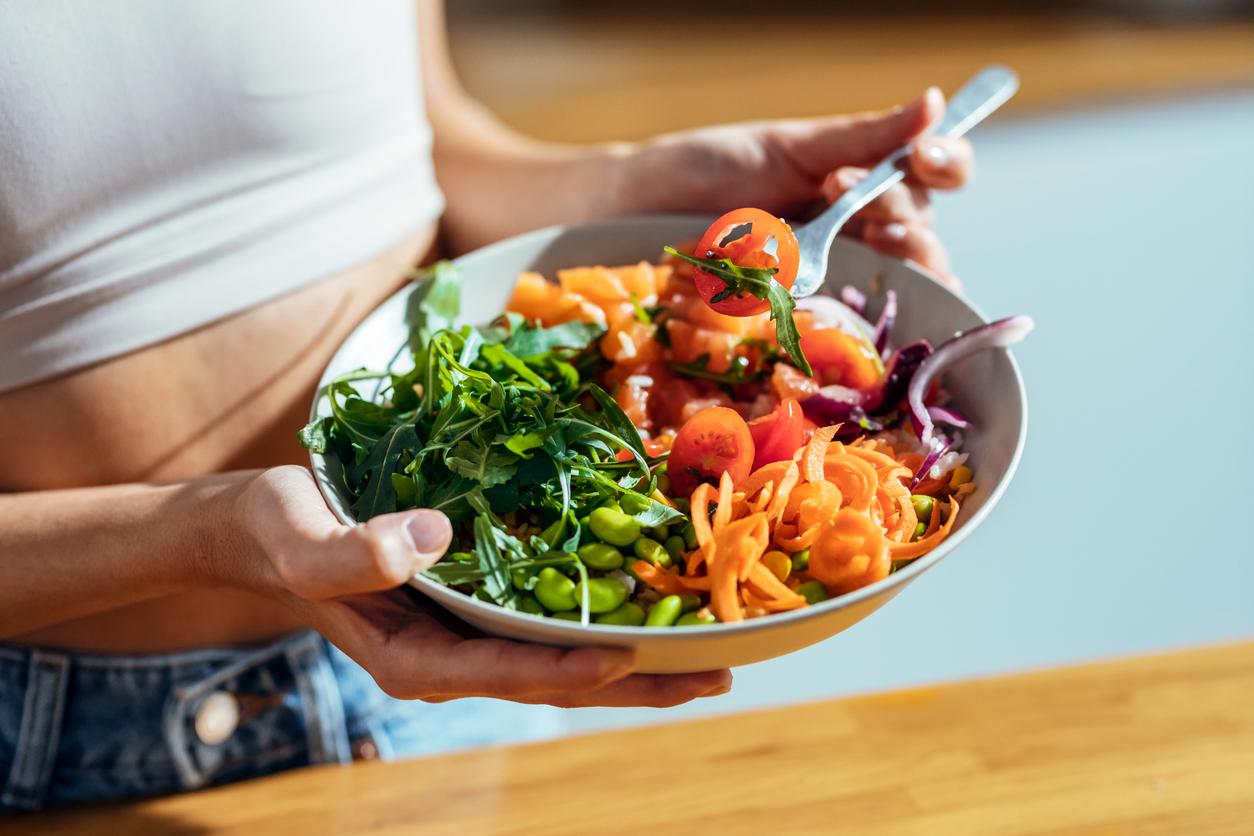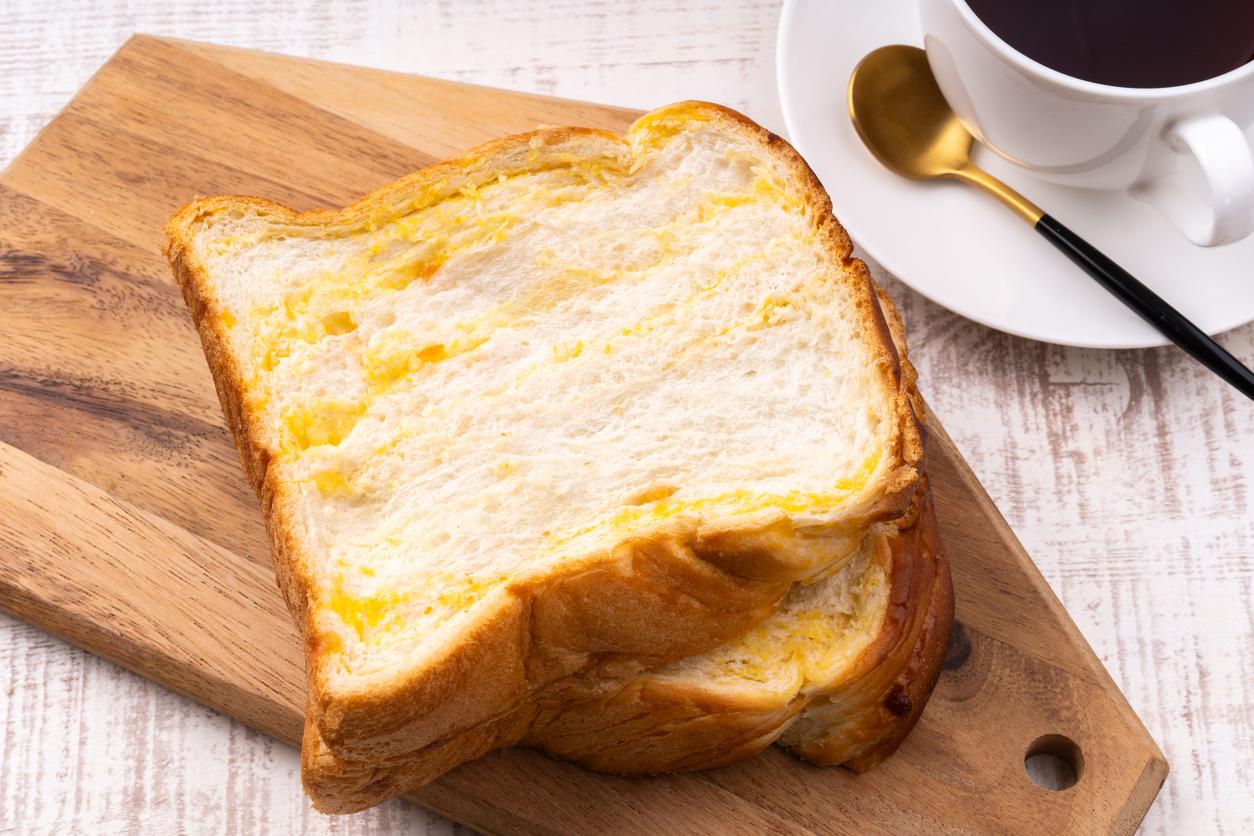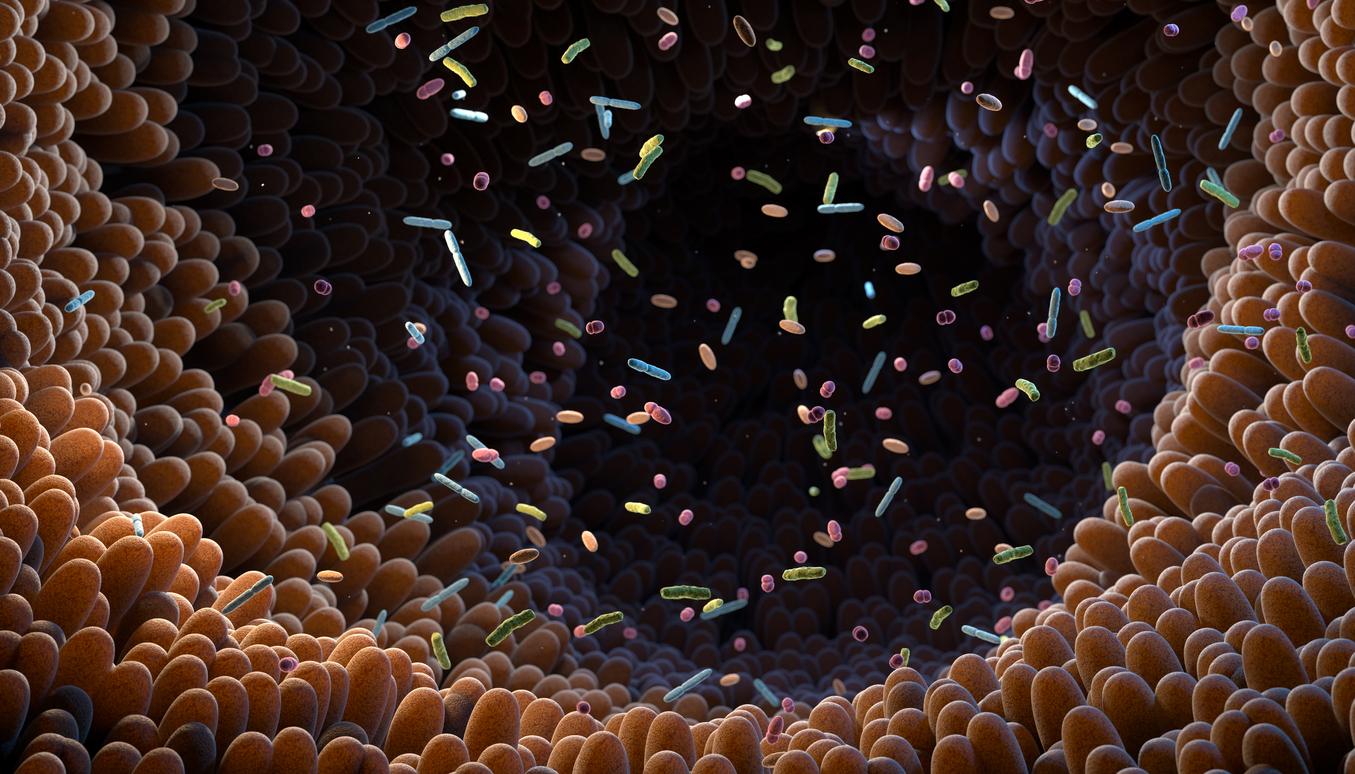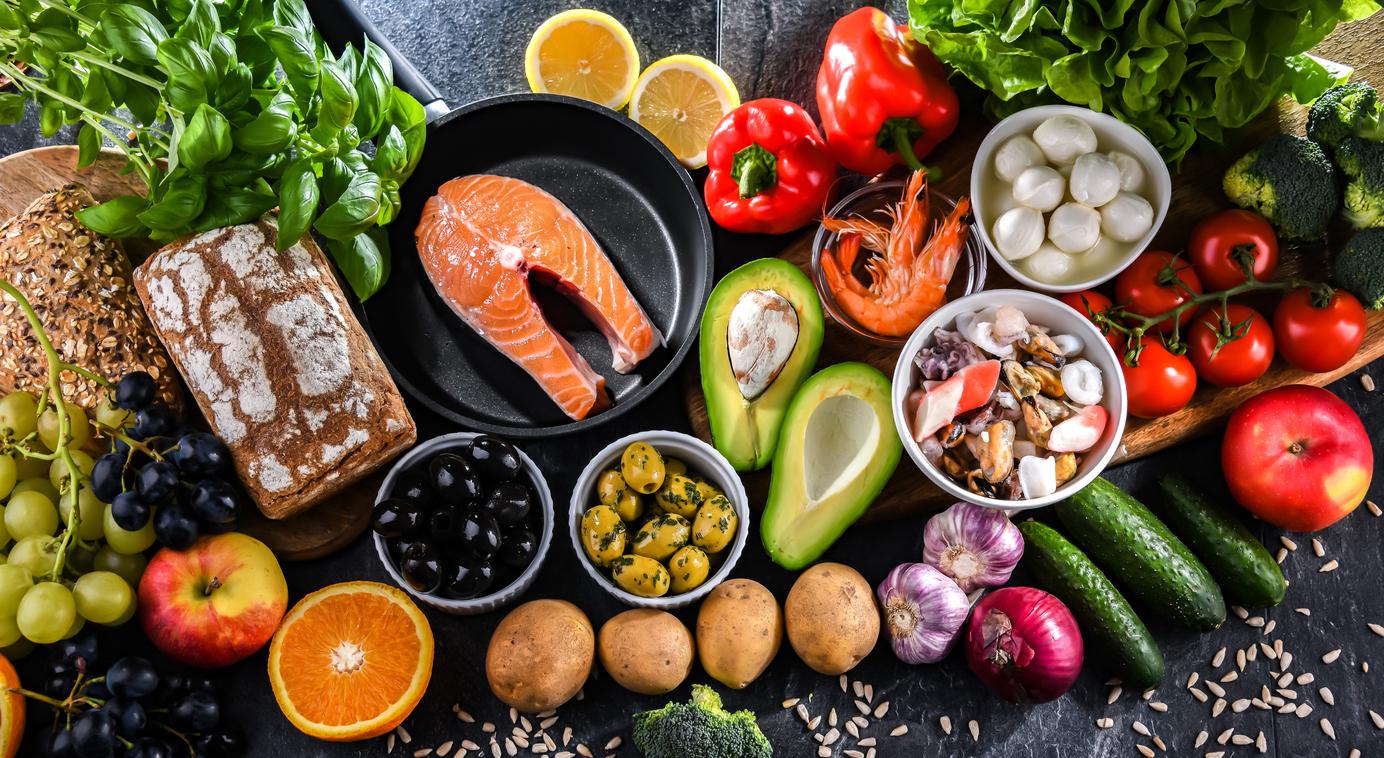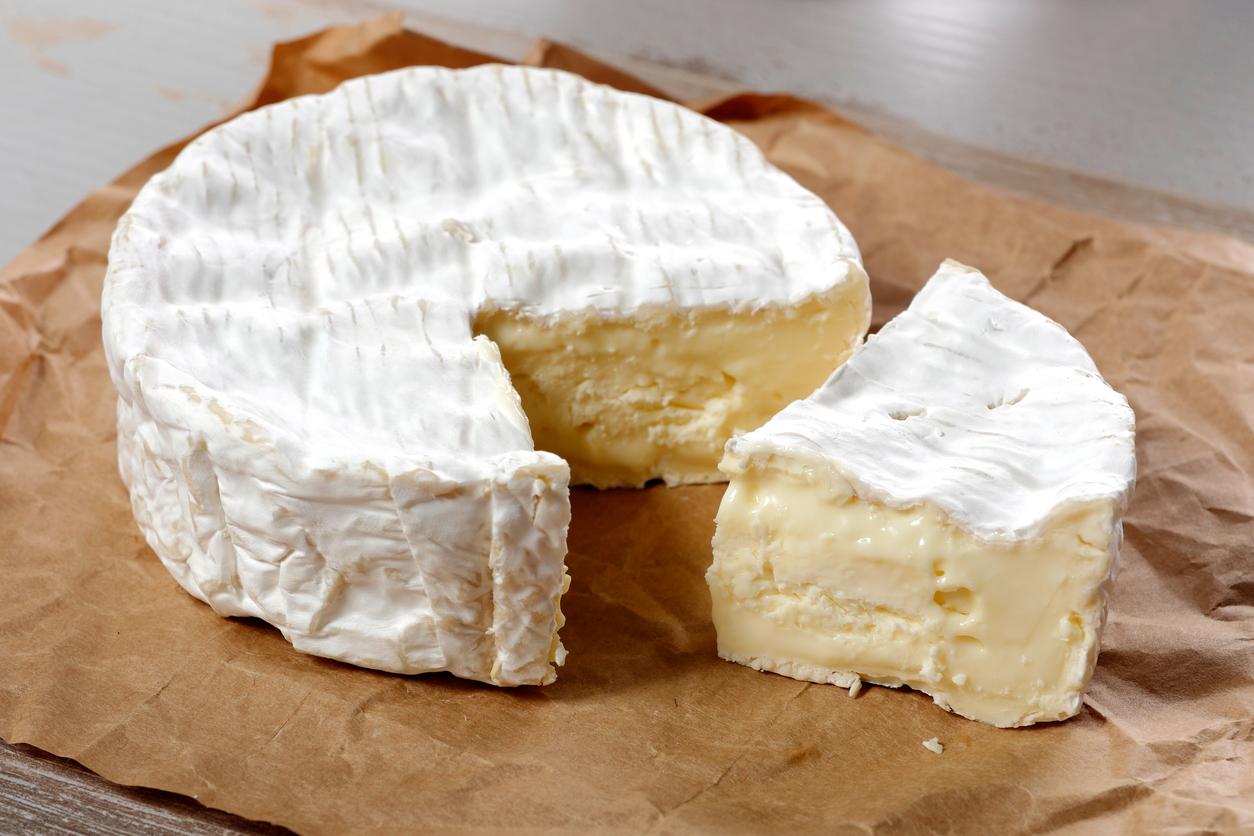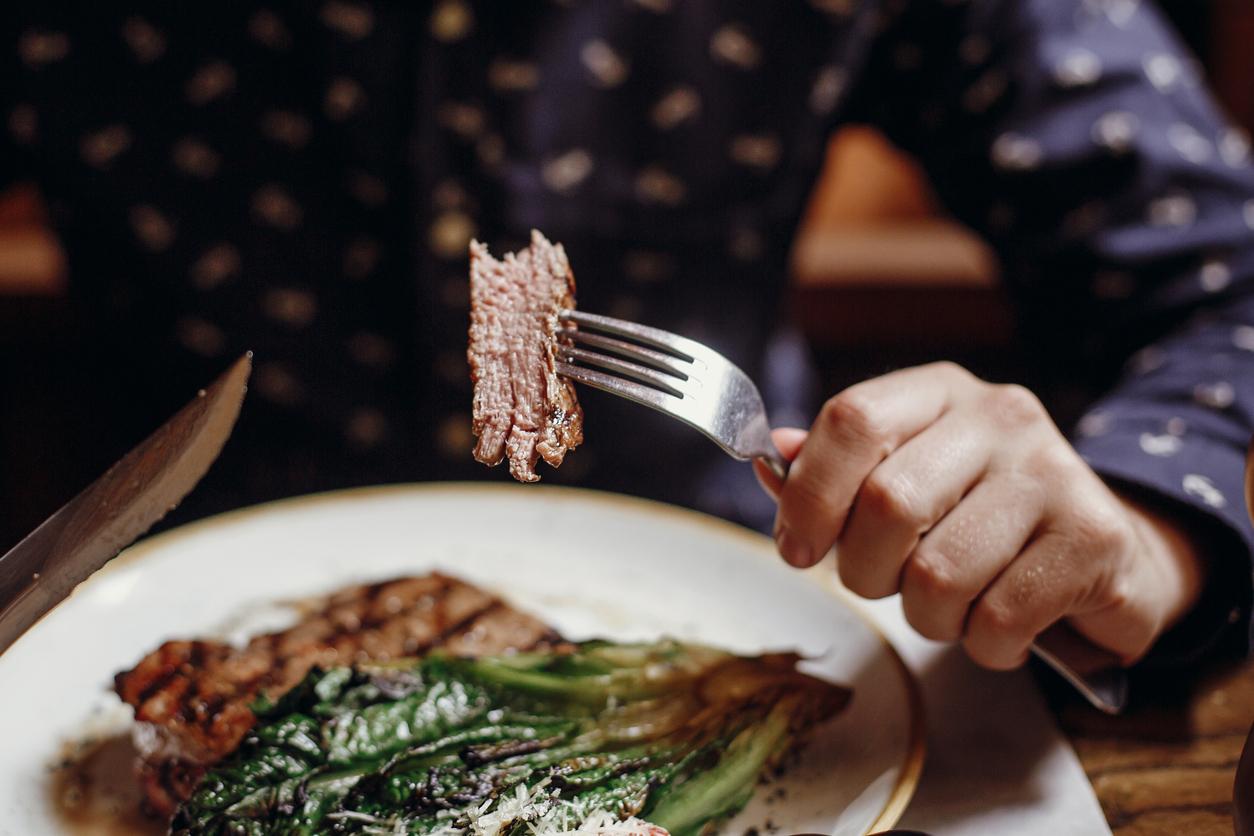Sauerkraut, often compared to the famous traditional Alsatian dish choucroute garnie, is a fermented vegetable obtained through the lactic fermentation of cabbage leaves. Focus on this vegetable with unsuspected virtues!
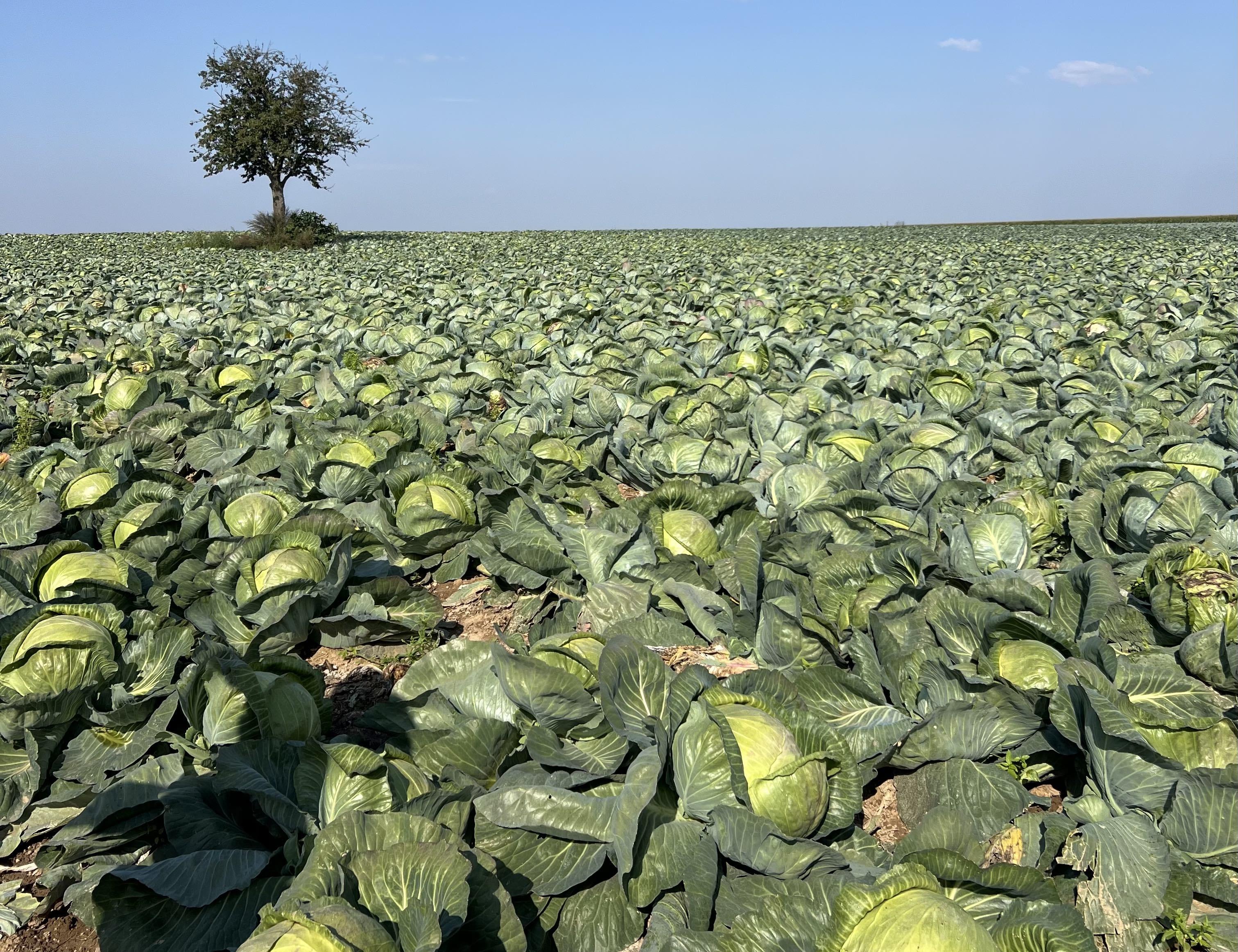
- Lactofermented foods, such as sauerkraut, are rich in probiotics which promote digestion and strengthen the immune system.
- Alsace PGI sauerkraut is cabbage naturally fermented in water and salt. It is an excellent source of vitamin C and fiber, contributing to intestinal health.
- Serena Pavoni, neuroscientist, and Sébastien Muller, sauerkraut producer, decipher the benefits of lacto-fermented foods including the improvement of intestinal flora, the reduction of inflammation and a better balance of the microbiota.
Alsace sauerkraut, an emblematic dish of the region, has reinvented itself by gaining its Protected Geographical Indication (PGI) and establishing itself as a ‘superfood’. “Natural fermentation is at the heart of our know-how“, explains Sébastien Muller, producer at Maison de la Choucroute Lepic, highlighting the preservation of artisanal methods passed down from generation to generation. Beyond its culinary tradition, sauerkraut, rich in probiotics, is acclaimed by experts in health.
“LFermented foods, like sauerkraut, support our microbiota and boost immunity“, says Serena Pavoni, neuroscientist.
Sauerkraut, an ally for metabolic health
Even before its fermentation, cabbage provides many benefits. This vegetable from the cruciferous family “eone of the best sources of plant-based bioavailable iron”, explains the neuroscientist before detailing a study which compared the calcium content in cabbage in comparison to milk. Get ready: in women, calcium absorption was better with kale (cow’s milk contains 114 mg / 100 g* while raw kale, which is among the richest, contains for example 185 mg / 100 g) !
Serena Pavoni also indicates that cruciferous plants present “in vitro a particular interest: they would be protective against cancer of the digestive tract thanks to a naturally present compound, sulforaphane, whose activity is highly antioxidant, and which also has a protective role against lung cancer in smokers”.
Let’s talk about lactofermented products, that is to say resulting from fermentation using a mixture of water and salt. It is also this technique that Sébastien Muller, producer of sauerkraut, uses for the fermentation of his cabbages and which is part of the specifications for obtaining an IGP label, guaranteeing maximum quality of the fermented vegetable.
Thanks to this fermentation process, the antioxidant properties of the vegetable are increased tenfold: “lactic fermentation has the power to make minerals like iron or magnesium more bioavailable through enzymes that can cut, in the same way that scissors would, a link between minerals and phytic acid that would otherwise prevents the assimilation of these minerals”, explains Serena Pavoni. In her book co-written with Adriano Farano, founder of PaneVivo, the neuroscientist indicates that “Consumption of lactofermented plants can modify the intestinal microbiota. The combined intake of pre- and probiotics is one of the keys to an anti-inflammatory nutritional method”.
As a result, one of the predominant bacteria in sauerkraut called “Lactobacillus plantarum” (at least in vitro. In humans, this remains a hypothesis). “That said, the fermentation carried out by L. Plantarum in plant matrices (such as cabbage) also allows proteins to be pre-digested. helps improve digestion but also reduces “intestinal permeability with a favorable impact on immunity and contributes to protein digestion”.
Lactofermented vegetable contains an important neurotransmitter
As indicated in the recent book “Mangez neolithics” published by Ulmer (the book gives the keys to an anti-inflammatory diet by highlighting fermentations and the gut-brain axis) from the scientist specializing in nutrition: “fermented cabbages contain Choline, a precursor for the synthesis of an important neurotransmitter of the central nervous system, which also helps regulate mood”.
Choline is actually an essential nutrient in brain development and metabolism in general (see the ANSES nutritional references): it contributes to the synthesis of acetylcholine, a neurotransmitter essential in memory, mood and cognitive functions, helps prevent the accumulation of fats in the liver, participates in the metabolization of fats and helps transport lipids from the liver to other parts of the body. It is also an essential component of phosphatidylcholine, a type of phospholipid that is part of cell membranes and plays a role in reducing levels of homocysteine, a compound associated with inflammation and cardiovascular disease.
An Alsatian belief says that “sauerkraut prevents scurvy” supports the farmer as stated this scientific study !
The almost perfect food!
Sébastien Muller ensures that with “fermentation, the sugars disappear but at the end of the fermentation process there are no more pesticide residues”. And, indeed, Serena Pavoni affirms that “lactic acid bacteria, in general, have detoxifying capacities for toxins, heavy metals, pesticides in food but also in vivo in the intestine”.
“Remember that a PGI Alsace sauerkraut can be kept for two months in the refrigerator but can also be frozen and contains neither pork nor alcohol but on the contrary is rich in vitamins, fiber and vegan friendly.”, explains the sauerkraut maker.








